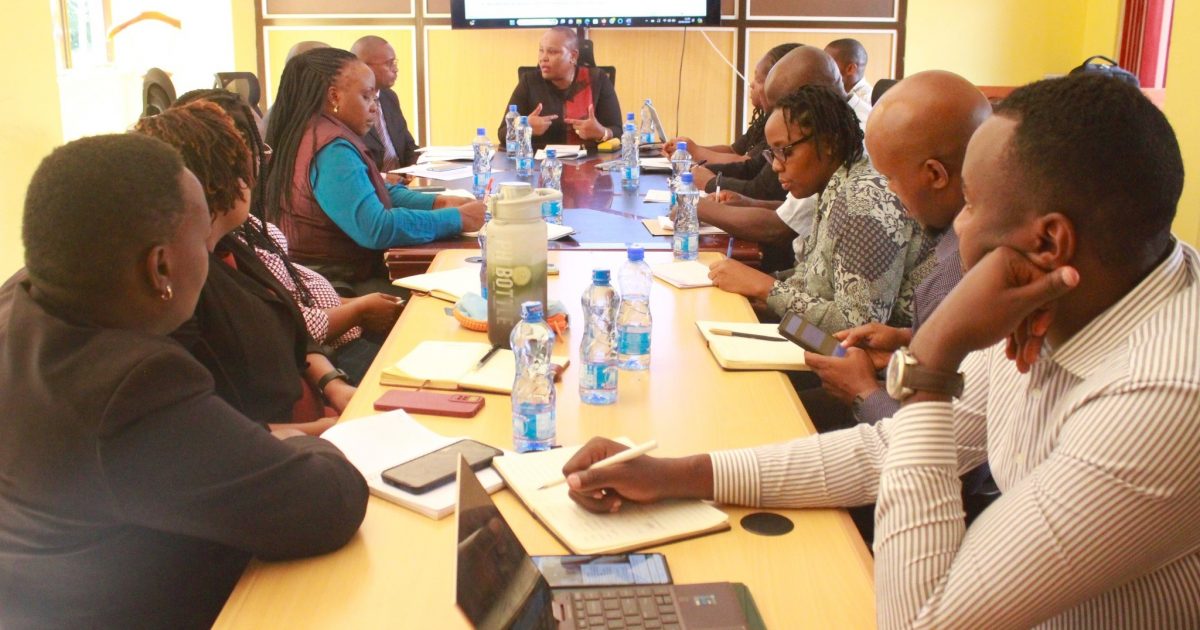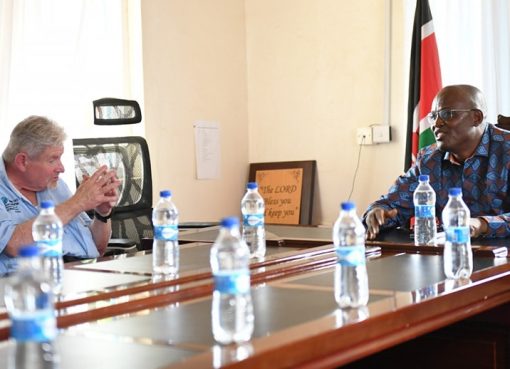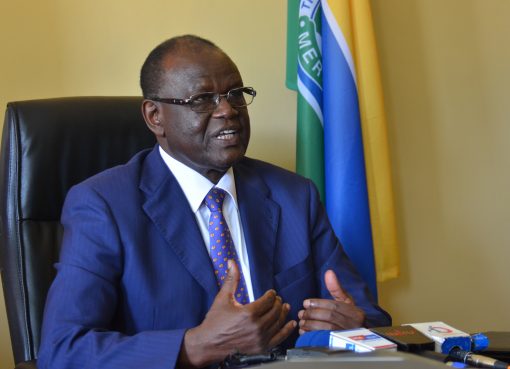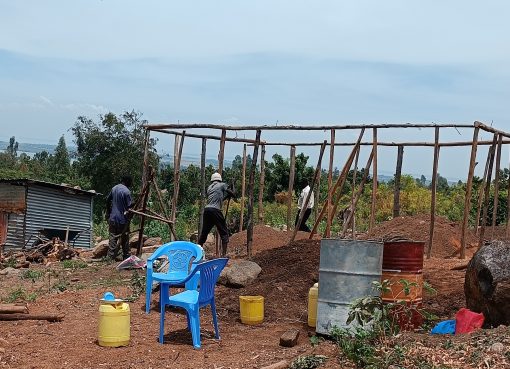Three informal settlements within Kiambu County are set for upgrade through the Kenya Informal Settlement Improvement Project-II (KISIP-II) programme.
This will involve the provision of title deeds, drainage, floodlights installation, provision of street lights, laying of sewerage lines and water and electricity connectivity among others.
The three settlements in Thika Municipality include Umoja settlements in Ruai, Kiangombe settlement in Thika Municipality, and Kiandutu settlement in Thika.
The KISIP project is a government project that was launched back in 2011 to improve the living conditions in informal settlements in selected urban centers. Furthermore, the project was instituted under the Ministry of Land, Housing, and Urban Development in the Slum Upgrading department.
Out of the 33 participating counties in KISIP II, Kiambu County, alongside Mombasa County and Uasin Gishu County, had been chosen to benefit from Component 2.
This selection underscores the significance of addressing socio-economic challenges within informal settlement and emphasizes the commitment to address disparities and promote inclusive development across various regions within the county.
A team from the National Project Coordination Team (NCPT) led by Madam Gladys Juma was in Kiambu County headquarters to deliver the news of the allocation to the County Executive Committee Member (CECM) Salome Wainaina who lauded the move, terming it a major milestone in improving the lives of residents of Kiambu.
“The selection of Kiambu County signifies a significant opportunity to address socio-economic disparities and promote inclusive development within informal settlements,” she said.
Wainaina added that collaborations such as these from the National and County Governments will only serve to benefit and improve lives of the common mwananchi.
“Through collaborative efforts between government agencies, stakeholders, and the community, these projects aim to create positive socio-economic impacts and enhance the quality of life for residents in Kiambu County,” she said.
The team from the National Government also met with the Settlement Executive Committee (SEC) to inform them of the selection and encourage their active involvement in the project.
The (SEC) members were urged to prepare and engage all registered groups within the informal settlements and were also encouraged to be ready to present their proposals for socio-economic inclusion, ensuring that the voices and needs of the community are effectively represented in the project planning and implementation phases.
By Xavier Brian





